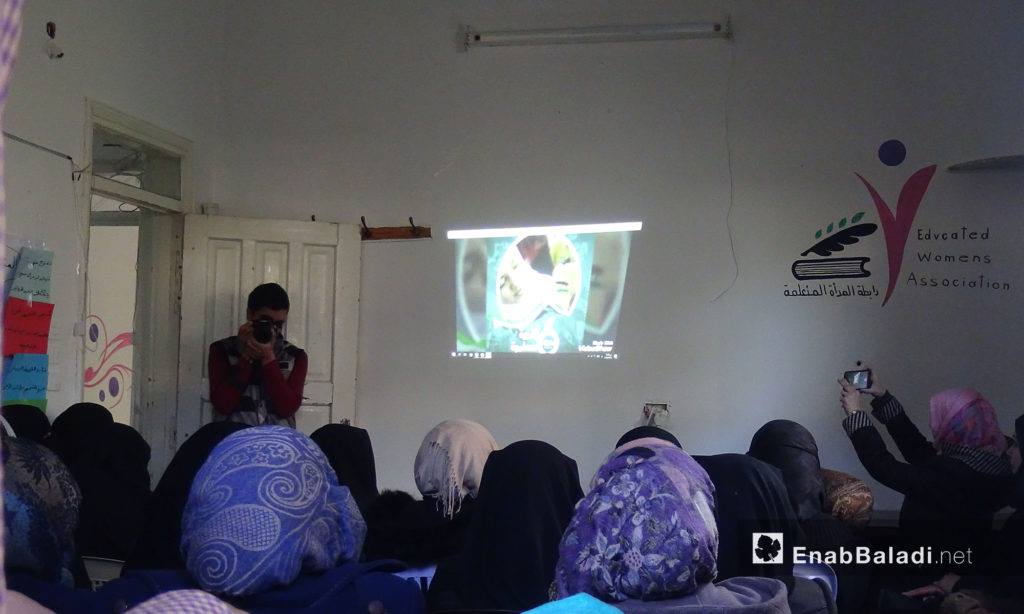
What you do not Know about Female Journalists’ Personal Lives inside Syria

« Sister of men » is the term used to refer to young women and ladies who work in media coverage within the Syrian liberated lands.
Although this term may not involve an underestimation of women’s potential as much as it is related to the complexity of press work when it comes to the security and social circumstances within Syria, it may overlook many aspects of the Syrian female journalists’ life on the personal level.
The Syrian female journalist, in the liberated lands, is not only risking her life but she is also doing her work at the expense of her personal life and often giving up “privileges” enjoyed by most female journalists around the world.
“Not Desired” for Engagement
Most of Syrian female journalists in the liberated lands who haven’t got married yet suffer from a prejudiced view as to their work that reduces their chances of getting married and puts them in another situation of confrontation with their parents who turn out to be a factor of pressure on their daughters to quit journalism.
The young journalist Mirna Al-Hasen who works in Idlib’s province points out that although some young men do respect female journalists and their work, they would rather not marry a journalist.
This owes much to a “conservative” society that stigmatizes any job where women “mix with men”. Mirna points out that press work, in particular, is not one of those professions that anyone can easily accept for a woman because it requires getting out from the house frequently.
However, Judy Arsh, Enab Biladi’s reporter in Al-Waer Neighborhood, Homs, before getting engaged to one of her colleagues, got multiple wedding proposals where she had to choose between the groom and her work, but she insisted on opting for her profession.
Judy adds “today I am engaged to my colleague, and this is what pushed me to accept this marriage because my fiancé respects my job and encourages me, besides, he shares all the moments with me”.
Where you are Determines what you Wear
Most female journalists, in the Syrian liberated lands, cover the news and the events in their areas. On this basis, the ways such coverage is done go in line with community values mainly because the female journalist is herself a construct of her social environment.
However, this does not mean that the journalist does not have to make some “compromises” that could be regarded as an “adjustment” like wearing certain clothes in some workplaces.
While it is rare to find unveiled journalists in the Syrian territories controlled by the opposition, journalists are often compelled to wear the niqab taking into account the place they work in.
Sonia Al-Ali, a journalist working in Idlib and publishing press reports in different mass media, confirms that she wears niqab only when she needs to interview one of the faction fighters.
Taking Care of the Way you Look is not Necessary
In the liberated lands, the work of Syrian female journalists is often limited to writing reports. Most of them refuse to appear in front of cameras for various reasons, security and social, which exempts them from buying certain clothes for press interviews.
Judy Arsh believes that because most press coverage is focused on bombardments and people’s distress any attention given to appearance becomes a secondary matter for the female journalist.
She adds “we do not have to look at personal matters like clothes especially when covering breaking news or massacres and bombings. In these cases, we cannot think of our daily habits at all, the grief is overwhelming and shows in your appearance without you having to notice it.
However, Mirna Al-Hasen says that her interest in her physical appearance is part of her everyday life and has to do with her personality and not just her work for the press, and this does not mean she has to put on any specific clothes for her job.
if you think the article contain wrong information or you have additional details Send Correction
النسخة العربية من المقال
-
Follow us :

















 A
A
A
A
A
A



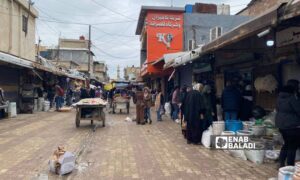
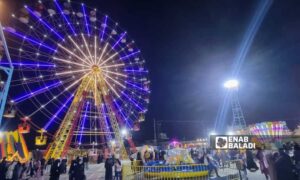
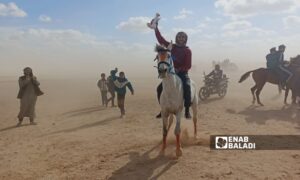
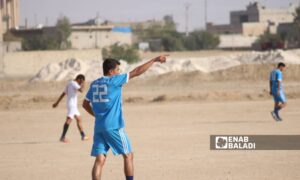
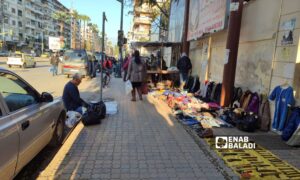
 More Society
More Society